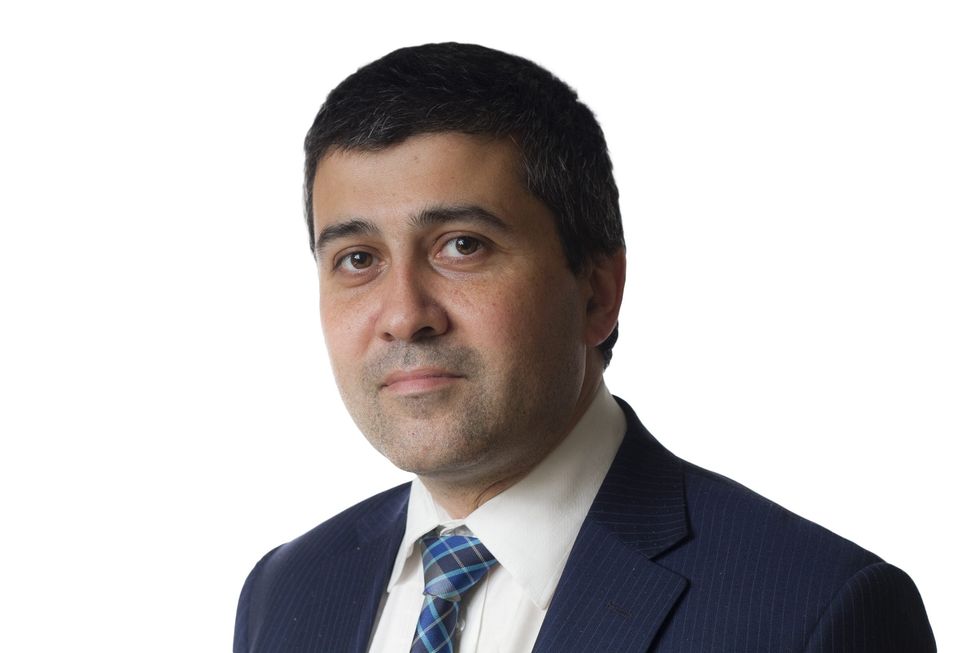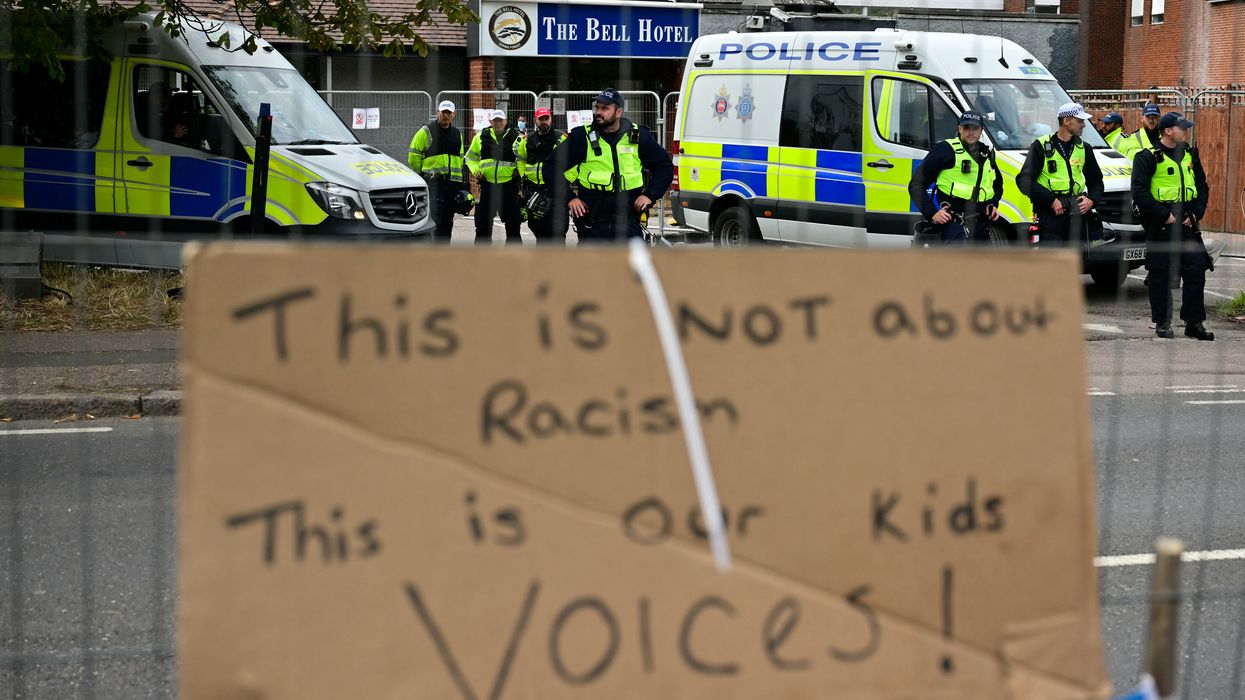‘I predict a riot’ sang the Kaiser Chiefs two decades ago. That has become a popular past-time this summer too.
It is exactly a year since the terrible murders of three girls in Southport triggered shock and grief nationwide - along with racist efforts to stoke violent retribution against Muslims and asylum seekers with no connection to that evil crime. Few of the conditions of last summer’s disorder have gone away, as the recent State of Us report sets out. The febrile tinderbox of social media can put events or even rumours to incendiary purposes. Yet there is a crucial difference between vigilance and alarmism – between identifying risks to mitigate them, or seeking to stoke them into reality.
Epping became a protest epicentre after an asylum seeker was charged with sexual assault. Most protesters were peaceful, expressing concerns for community safety. Some chanted to send all asylum seekers back. Others sought violence – assaulting the police for protecting asylum seekers. The protests became a Rorschach Test of parallel perceptions. Right-ofcentre commentators decried stigmatising concerned local mums as far right, while progressives noted how often the organisers speaking into the microphones were far right agitators hoping to extend ‘remigration’ to all migrants and ethnic minorities.
Claims about a nationwide surge of protest were exaggerated. Half a dozen scrappy anti-asylum protests struggled to muster a thousand people nationwide. Many were football lads, at a loose end in the close season. Fifty times as many people took to the streets for trans rights as protested asylum hotels last weekend.
But if larger protests seem less newsworthy without a sense that it might all kick off, does that mean that broadcaster’s ‘news values’ risk inadvertently incentivising disorder over democratic voice?
The idea of ‘legitimate concerns’ matters. It is a mistake to dismiss the concept as dog whistling or pandering to prejudice. Yet the key to getting that boundary right risks getting overlooked. Any contentful concept of ‘legitimate concerns’ depends on defining which are illegitimate too. Much more attention is needed, especially, to how to challenge the fusion of asylum with anti-Muslim tropes in driving both casual prejudices and those most open to being socialised towards violence.
Keir Starmer spoke articulately about both legitimate concerns and the illegitimacy of racist violence in his post-riots party c o n f e r e n c e speech. His government risked leaving out half of that argument last week. Ministers were so concerned to (rightly) defend democratic protest and criticism of asylum policy that they seemed (wrongly) mute in challenging extreme racist agitators too. An implausibly inauthentic version of Keir Starmer’s public voice can be found on his X, where somebody tweets in the prime minister’s name, invariably about asylum, as robustly as possible. ‘The problem is, it doesn’t sound like him at all,’ one usually loyal backbencher told me.
This simulacrum of the prime minister would doubtless triple down on the ‘island of strangers’ comments that the real Keir Starmer chose to retract, albeit blurring the boundaries of precisely what he would rather have said.
Home secretary Yvette Cooper maintains a more measured voice, emphasising that the government will be judged on practical outcomes, not the polarised shouting matches of protests and counter-protests. Net migration has halved from exceptional levels – but few will notice those numbers coming down while the lack of control over asylum is so visible. The number of asylum seekers in hotels has halved too – but the 30,000 who remain are much more visible than the shrinking numbers. The events of the last month should catalyse practical ideas about how to clear the asylum backlog faster and close down the use of hotels for asylum.
A new social cohesion task force is beavering away inside Downing Street to identify the missing strategy foundations, though it began too late this Spring for the government to develop a long-term policy before this anniversary. An interim update to Cabinet from deputy prime minister Angela Rayner emphasised the role of socio-economic deprivation, and the government’s commitment to invest in neighbourhoods. That is undoubtedly one important part of the jigsaw, though the centre-left does tend to persistently underestimate the role of identity and culture. The latest IpsosMori Issues Index shows the salience of immigration is pretty even across deprived and affluent areas, peaking in the second most affluent quintile: places like leafy Epping.
How Essex police handled protest and counter-protest this weekend - protecting lawful protest with no tolerance for intimidation and disruption - is a good model to maximise the chance that riotous prophecies fail.
The simple insistence that all face-masks are removed could be the key to deterring violence this summer, despite the febrile atmosphere. But avoiding riots should be nobody’s test of cohesion. A strategy to get tough on the causes of disorder remains embryonic. That it would take the sustained work of a generation is all the more reason to make a start soon.

Sunder Katwala is the director of thinktank British Future and the author of the book How to Be a Patriot: The must-read book on British national identity and immigration.





